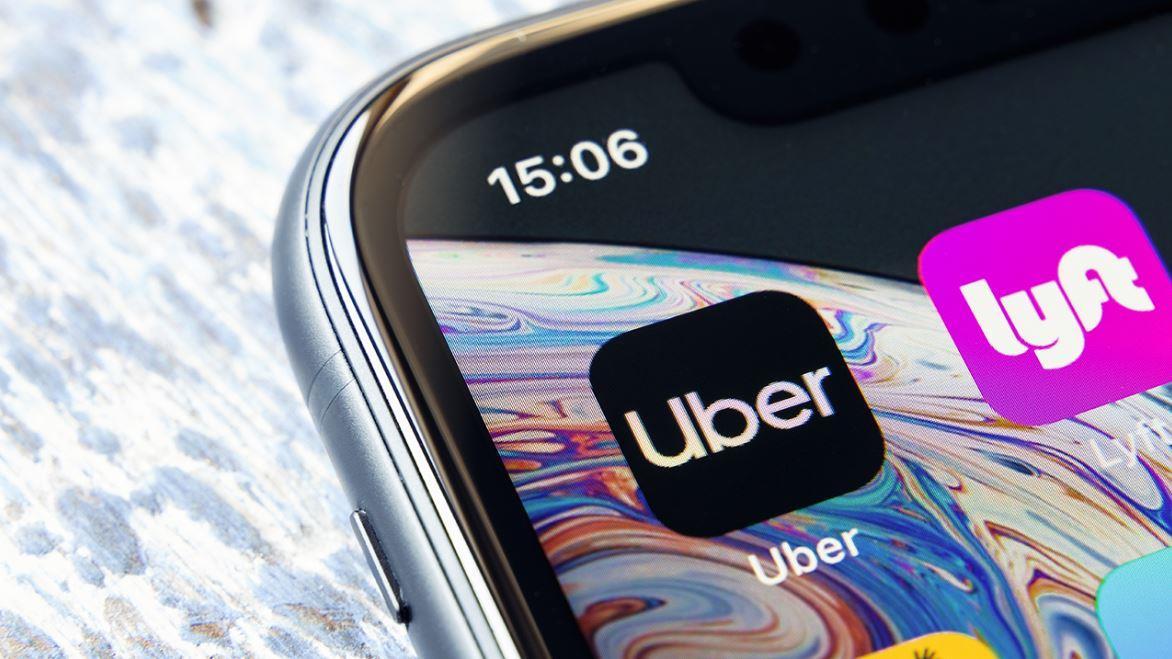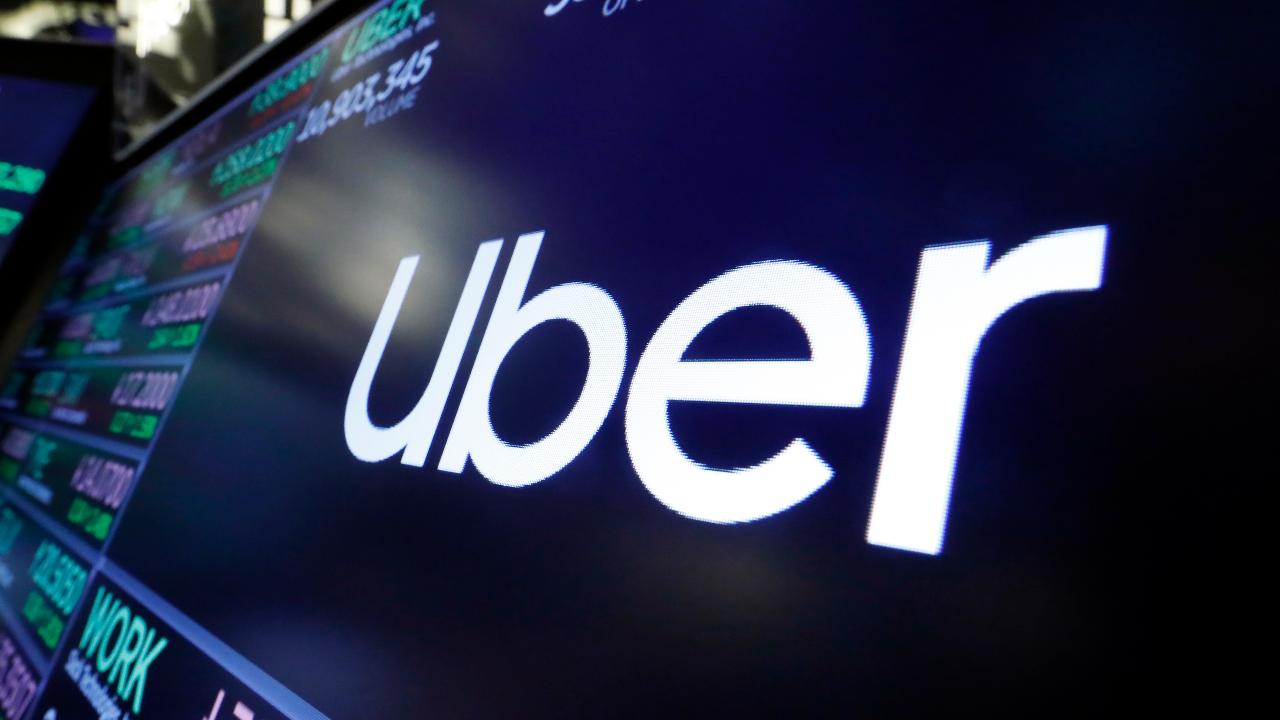Chicago mayor accuses Uber of bribing black ministers
The ride-share company allegedly wants to stop regulation.
Chicago Mayor Lori Lightfoot has accused ride-share giant Uber of bribery, according to multiple reports.
Lightfoot said at a press conference that Uber “offered black ministers $54 million, a one-time deal if they would convince the mayor to do away with any other kind of regulation, according to Chicago Tribune Reporter Gregory Pratt, who covers politics in the city.
The ministers told Lightfoot about the offer, Pratt explained on Twitter.
In a separate tweet, the Tribune’s John Byrne echoed the same feeling: “@chicagosmayor just accused @Uber of trying to pay off black ministers with $54 million in exchange for helping the company defeat her plan to hike up taxes on single-passenger ride-share trips.”
The city of Chicago did not immediately respond to a request for comment from FOX Business, but an Uber spokesperson, in a follow-up tweet, called the charge inaccurate.
“This is categorically false. @chicagomayor is confusing the $54M in revenue that one of our proposals would have raised for her own budget. We worked on that idea over the course of months of mtgs w/city - it's more progressive and would raise funding for city.”
A subsequent screenshot shows the proposal Uber presented to the mayor's office.
Lightfoot’s plan would more than triple the tax charged on most solo ride-share customers traveling in and out of downtown Chicago. The legislation comes as an attempt to reduce congestion in the city and raise funds toward an $838 million shortfall in the 2020 budget.
Chicago ranked No. 3 for U.S. cities with the most traffic, according to traffic data company INRIX. The average hours lost in traffic per capita stands at 138. The cost of congestion per driver is more than $1,900. And traffic costs the city a whopping $6 billion in 2018.
Higher taxes on solo rides could mean an uptick in shared trips and fewer cars on the road. City officials said the extra charge would be in effect from 6 a.m. to 10 p.m.
Chicago raised $110 million in ride-share taxes in 2018. The deal could add $40 million.
Ride-share firms Uber and Lyft are, not surprisingly, against the plan, arguing the tax hike might hurt low-income areas. The legislation could “take money out of the pockets of riders, who rely on apps to get around, and of drivers — half of whom live in the South and West sides of the city,” Uber spokeswoman Kelley Quinn said in an October statement.
“As a candidate, the mayor said she was committed to equity, yet she is proposing to hike taxes on underserved communities who do not contribute to congestion and lack reliable access to transportation.”
Uber proposed an alternative plan to Lightfoot's proposed tax hike, saying in a statement that their plan would "raise the money the city needs in a way that is more equitable and doesn’t increase fees on South Side and West Side residents by nearly 80 percent."
But the mayor said it doesn't address the congestion issue and that the company has thrown "lots of Hail Marys because what they don’t want is to actually be regulated by Chicago."
| Ticker | Security | Last | Change | Change % |
|---|---|---|---|---|
| UBER | UBER TECHNOLOGIES INC. | 73.91 | -0.86 | -1.15% |
In a separate statement to FOX Business, an Uber spokesperson said, "the mayor is entitled to her own opinion, but not her own facts. Weeks ago, we shared a proposal that would have raised $54 million more for the city - she is confusing this figure. For months, we worked on a proposal that would have raised more money for the city in a more equitable way.”
Meanwhile, Lyft said in a statement that while it favors incentivizing shared rides, the proposed hikes are too high: “The Mayor’s proposal shows a total misunderstanding of what causes congestion and how Chicagoans are moving around the city,” Lyft said, adding that Lightfoot is “backtracking” on a campaign promise to reduce fees that hurt the low- and middle-class.
This is not the first time ride-share apps have been caught in between lawmakers and their own interests. The California Senate in September approved legislation that would require companies like Uber, Lyft and Doordash to treat their gig workers as employees.
FACEBOOK DISABLES TAG-SUGGESTIONS AMID PRIVACY CONCERNS
The impacted companies argue moving freelancers to employee status would shun drivers who want to use the apps in their free time instead of being tied to a schedule. Minimum-wage requirements for employees could also mean the companies would have less money for workers and potentially cut down the number of workers to just the top tier.
GET FOX BUSINESS ON THE GO BY CLICKING HERE
Uber’s stock has dropped more than 21 percent in the past three months.





















